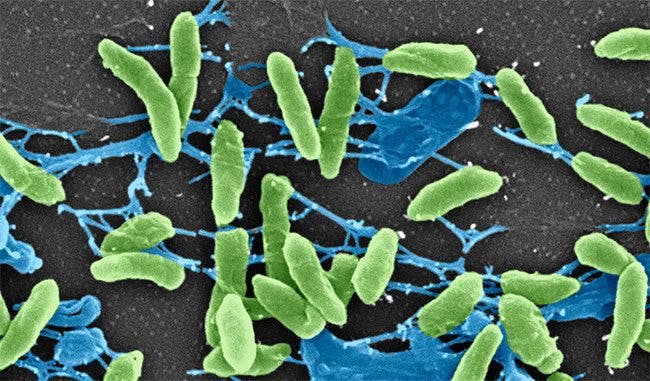Health, weight and gut flora

Bacteria
Do the bacteria you have in your gut affect your health and weight? The answer is probably yes, but it remains to be shown how much and in what way.
In recent years technological advances have made it easier to do research on the bacteria that comprise our gut flora. Increasingly, statistical correlations are found between certain types of bacteria and diseases, such as obesity and diabetes.
The problem is very common. Scientists and journalists are quick to conclude that statistical correlations imply causation. This is the way our brains work, they fabricate a plausible story in order to explain the findings and this often leads us the wrong way. Finding the truth is more complicated.
Do certain bacteria cause obesity, or does a certain lifestyle (for example junk food full of sugar) increase body weight AND affect what bacteria you have in your gut? This question is harder to answer.
Is it possible to cure disease or control your weight long-term by adding good bacteria (probiotics) to the gut? This largely remains to be proven. At the moment there are more questions than answers.